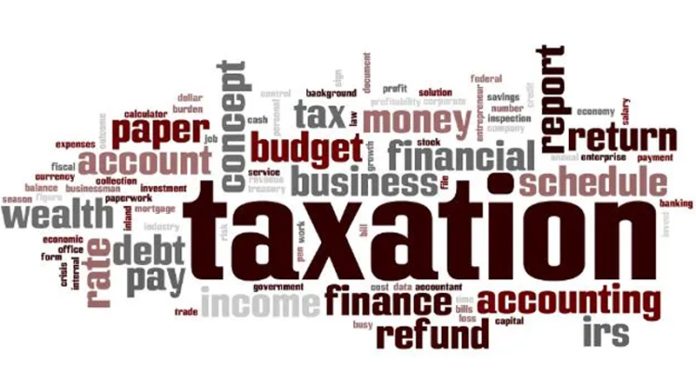In her address at the 11th convocation of the IISER in Bhopal, the Union Finance Minister made a compelling case for the current taxation regime, underscoring the Government’s need for resources to tackle the nation’s pressing challenges and to fund crucial R&D activities. Her remarks come at a time when the country faces mounting expectations to reduce taxes while simultaneously increasing public investment in sectors critical to its future. FM’s speech highlights the inherent tension in managing a developing economy like India’s. While the desire for lower taxes is understandable-given the strain they place on individuals and businesses-the reality is that India’s challenges are multifaceted and require substantial financial resources to address. As an example, the FM cited the transition from fossil fuels to renewable energy, a shift that is vital not only for environmental sustainability but also for the nation’s energy security. India has made significant strides in this direction, fulfilling its commitments under the Paris Agreement with its own resources. This achievement is laudable, particularly given the lag in global financial support for such initiatives. However, the transition to renewable energy is far from complete, and the development of efficient storage solutions, such as advanced batteries, remains a critical hurdle. This is where R&D becomes indispensable.
The Government’s role in funding R&D is crucial, especially in areas where private investment may be slow due to high risks or uncertain returns. FM rightly noted that the Government is not just paying lip service to the cause of scientific research but is backing it with substantial financial support. However, this support is largely derived from the country’s tax revenues, creating a direct link between taxation and innovation. The public needs to understand that lower taxes, while desirable, could significantly impede the Government’s ability to fund vital research that drives innovation and economic growth. At the same time, the Government must ensure that its tax policies are fair and do not unduly burden the citizens, striking a balance between revenue generation and economic vitality.
Trending Now
E-Paper


